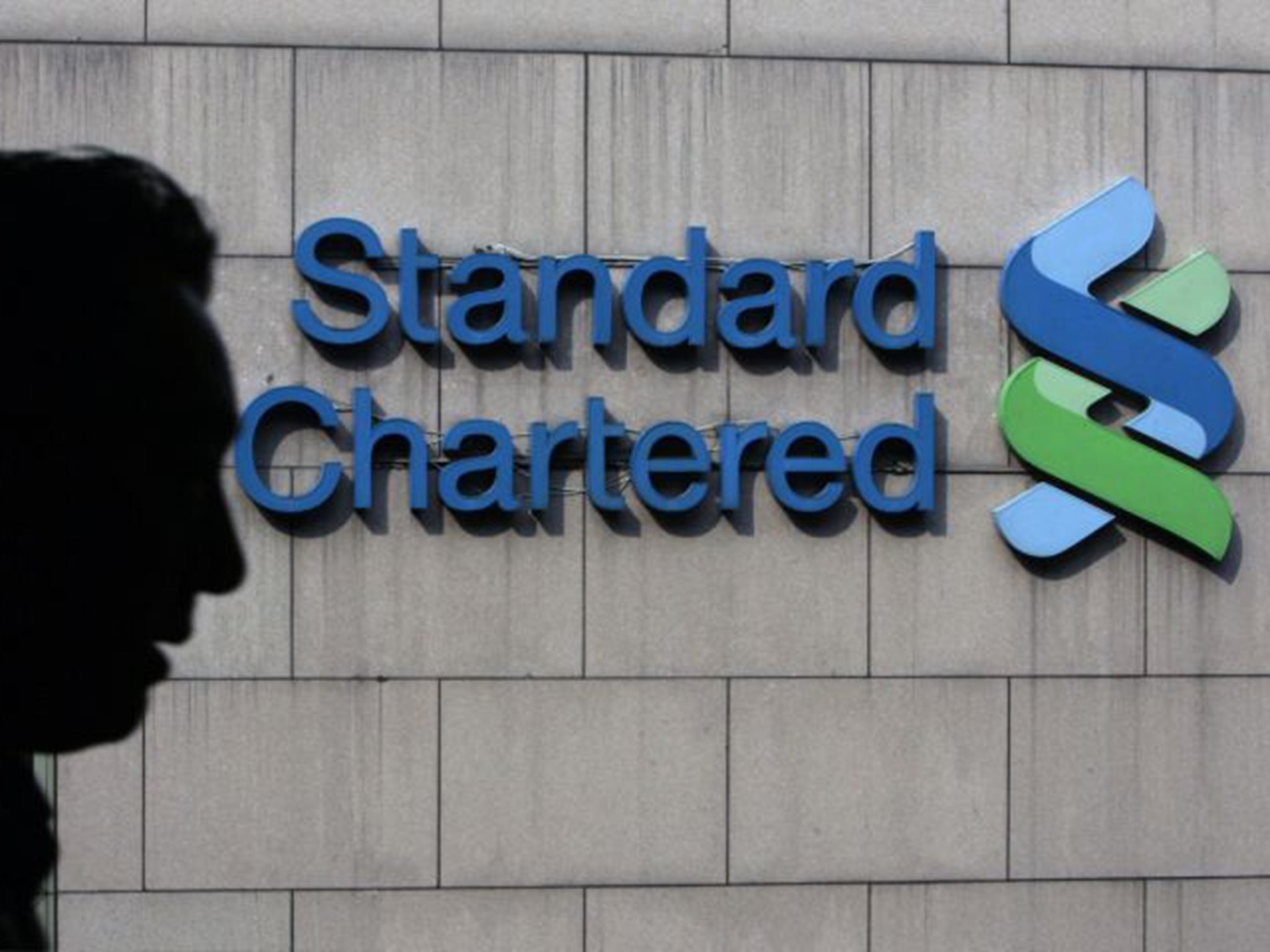BoE stress tests to focus on Asia and the eurozone
This year’s test includes shocks such as a contraction of more than 2 per cent in the eurozone economy

A sharp economic downturn in Asia and the eurozone, falling commodity prices and illiquid financial markets will form the backdrop to the Bank of England’s stress tests for the UK’s biggest banks this year.
Co-op Bank, the only one of the eight which failed last year’s test, has been left out this time, as it is still undergoing massive restructuring.
The annual test was criticised last year for focusing too much on the domestic picture. This year’s test will include a scenario where property prices tumble in China and the renminbi falls against the dollar. That aims the test more at HSBC, Standard Chartered and Barclays rather than UK-focused banks such as Lloyds.
The Governor, Mark Carney, said: “By assessing the resilience of the UK banking system against a major external shock, we will improve further our ability to identify vulnerabilities and we will ensure that banks have plans in place to address a wider range of possible stresses.”
This year’s test includes shocks such as a contraction of more than 2 per cent in the eurozone economy, home to key British trading partners, and a slowdown in growth in China to 1.7 per cent by the end of the year, tipping Hong Kong into a deep recession.
“As a forward-looking regulator, our job is never complete,” Mr Carney said. “We’re committed to ensuring our major banks are resilient, that they can weather shocks without calling on taxpayer support, and that they can continue to lend even in adverse conditions.” The results will be published in December.
Join our commenting forum
Join thought-provoking conversations, follow other Independent readers and see their replies
Comments
Bookmark popover
Removed from bookmarks